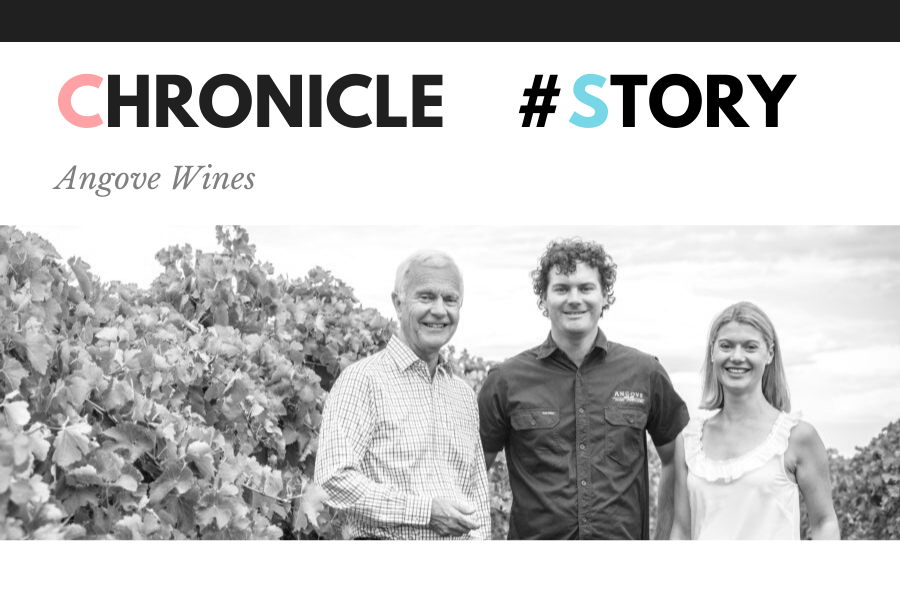Written by Nicola Reid
Have you ever wondered what it takes to turn a regular vineyard to being completely Australian certified organic? Matt Redin from Angove Family Winemakers in McLaren Vale knows.
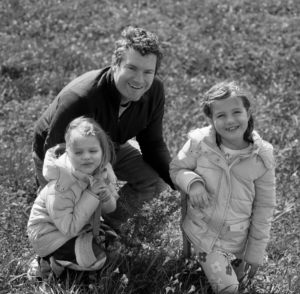
Matt was working in California when he decided to come back to Australia to work for Angove Wines and has been here to watch the evolution of the company throughout the years. But to turn the fields to be completely certified organic has been a long and pricey process.
The journey to becoming Australian certified organic began when David Bruer told Victoria Angove that he will have her company fully certified organic in 10 years’ time! A challenge indeed. They started off small, with one wine, Shiraz Cabernet, and upon seeing the success, the range was expanded across time. When a regular vineyard is being farmed, there is a high use of herbicides, pesticides, fungicides and any other synthetic inputs that may be deemed appropriate. The challenging years for Angove Wines was when some parts of the vineyard were not yet converted to organic since the risk of contamination and toxicity was present. However, during this time, it was found that the vineyards that were fully certified organic had more resistance to pests and diseases, and the flavour ripeness in the grapes was found at a lower sugar level. Today, Angove Wines have around 300 hectares of fully certified organic vineyards all of which no longer rely on artificial input to make themselves healthy and grow. All vineyards are certified organic and managed to the same protocol.
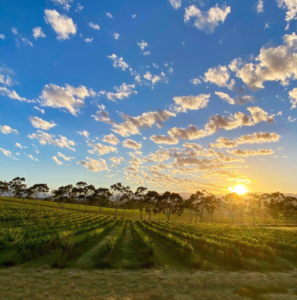
Being certified is something that Angove Wines strongly believe in, but it is a big expense for the business. “It is a big cost on time and money for the company to be audited every single year to make sure that the right thing is being done and go through that process” Mr. Redin said. There is very little financial government support for a winemaking business to convert a vineyard to being certified organic and the process can take three years. “Australia is the only country where you can label something as organic and not be certified” Mr. Redin said. Thus, Angove Wines is working closely with the organic organization in Australia to make sure that if something is labelled as organic, it is also certified.
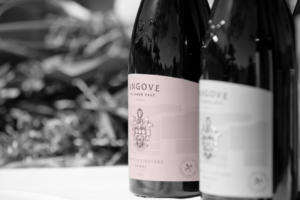
Angove Wines are thankful to their Australian consumers for being accepting that organic produce costs more; therefore, Angove are able to charge premium prices in Australia. The consumer demographic that Angove is selling to today has become more mainstream than in their early years. Matt Redin quotes “We could be selling to anyone from a 20-year-old university student who cares about the environment all the way through a 65-year-old person as well”. The broad spread that has evolved throughout the years has been very beneficial for the promotion of sustainability in the company. The Chinese tariffs on Australian wines did hurt the Angove production but the company quickly strategized and shifted by hosting events, such as Tasting Australia. This has helped with an increase in local and domestic sales.
Being a fifth generation family business and running for 135 years, the Angove family have no interest in selling off their asset and moving on to other industries. Through being sustainable and certified organic, they want to ensure that what they own is handled in better conditions than what it was when it was inherited. So, where to from now? Angove Wine want to keep making better wines, for the next 135 years and beyond, if possible. Wine is a product enjoyed at family reunions, enjoyed amongst friends and Angove wants to contribute to this enjoyment by making sure consumers know about their commitment to sustainability and trust it will still be operating in another 10, 20, or hundred years. Angove ensures that their business practices are updated with the time, therefore their internal system and traceability is outstanding. They are able to track and trace from vineyard, to bottle and to sales using a software program developed by one of their workers!
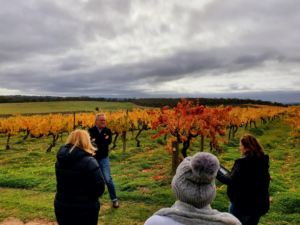
McLaren Vale is leading the sustainable wine movement and more vineyards are converting to organic practices. There are a large number of producers in the region that are certified organic which Mr. Redin says he is grateful for since it makes the whole region sustainable. Angove ensure that they use pea and potato based fining agents in their winemaking process, which means their wines are vegan certified too!
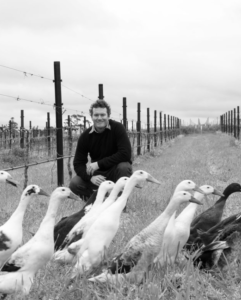
Certified organic. Vegan. Family owned. Angove Family Winemakers is a fifth-generation family owned business dedicated to creating exquisite vineyard wines and intends to stay that way for the next 50 to 100 years. Being Australia’s leading winemakers in terms of sales and area means that Angove’s goal is to keep making good, organic wines. Make sure to pay them a visit next time you are in McLaren Vale.
Enjoy a Angove wine today!

